LittleSun brings light to developing countries. LittleSun Managing Director Felix Hallwachs on the small lamp that is changing the world.
From the idea to the company
Managing Director Felix Hallwachs explains how the solar lamp is bringing light into the dark (KfW Group/n-tv). This video is only available in German.
“Most of us take electricity for granted. But over one billion people still live without a stable power supply, meaning their lives are often organised around daylight hours. When it is dark, they light fume-producing kerosene lamps to cook or work by. They have plenty of sunlight during the day – it’s just a case of exploiting it properly.
Our basic idea is transforming sunlight into electricity. The LED solar lamp was presented at the Tate Gallery in London in 2012 as part of an art project. The project was a huge success and attracted a great deal of attention. Later, with the support of a trust, the company LittleSun was born. Today, our lamp is sold worldwide. However, prices vary by region. In Germany, the lamp costs 22 euros – twice as much as it does in Ethiopia, for example. This type of subsidisation allows us to guarantee a low price for people in poorer countries.
Learning aid
School children, particularly in rural regions of Africa, lack a light source that allows them to study at home. The Little Sun solar lamp remedies this problem by illuminating desks.
We want to help over the long term, so we are involved in developing local sales structures. Merchants buy the lamps at cost and sell them in their kiosks, or travel from village to village by bicycle selling them. They create earning potential for themselves and are often doing pioneering work, explaining the differences in contrast to kerosene lamps. Such lamps are not only harmful to health, but also expensive, with the fuel costing around a dollar a week. Our solar lamps therefore pay for themselves within a few weeks. They also save 50 kilos of CO₂ per year, thus contributing to global climate protection.
We focus on the link between sustainability and development: an objective also pursued by KfW. We were therefore especially delighted to have received the special award at the KfW Award ceremony in 2015.
We want to use the power of the sun for other products and have recently developed a solar-powered charger. The charger will be on the market from March 2016. Here too, we will be following the same Robin Hood-style business model: customers in the developed world will finance cheaper prices for those in the developing world. And everyone will have clean energy for their mobile phones – so we can really change things!”
Published on KfW Stories on 31 August 2017, updated on 20 July 2023.
The described project contributes to the following United Nationsʼ Sustainable Development Goals
Goal 10: Reduce inequality within and among countries
In the period between 2007 and 2012, lower-income groups experienced stronger income growth than the higher-income groups in many countries of Asia and Latin America. This is a good indicator that inequality in the world is decreasing because less inequality is an important prerequisite for taking advantage of peoplesʼ economic, scientific and social potential.

All United Nations member states adopted the 2030 Agenda in 2015. At its heart is a list of 17 goals for sustainable development, known as the Sustainable Development Goals (SDGs). Our world should become a place where people are able to live in peace with each other in ways that are ecologically compatible, socially just, and economically effective.

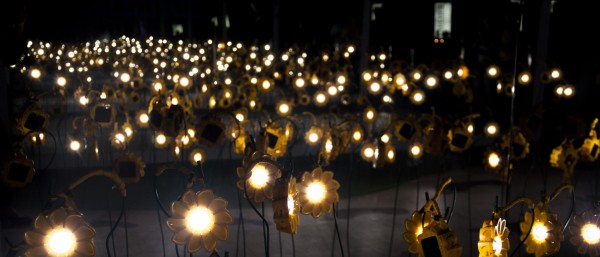
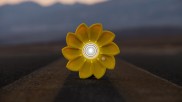
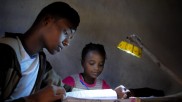
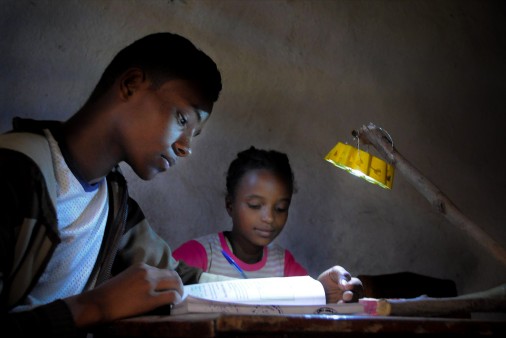
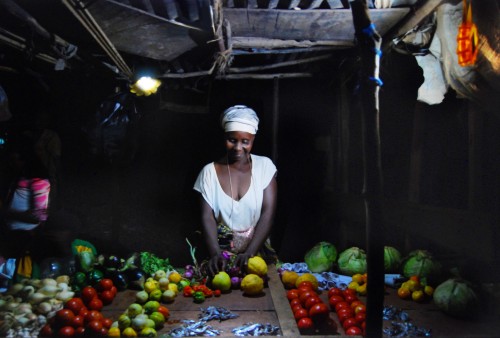
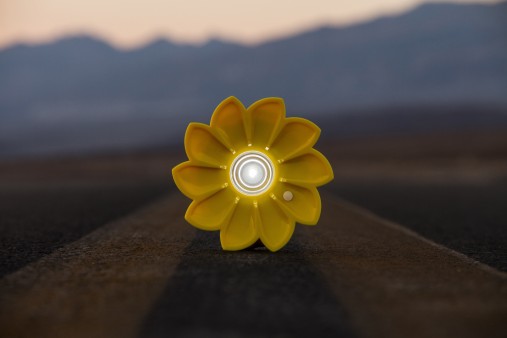
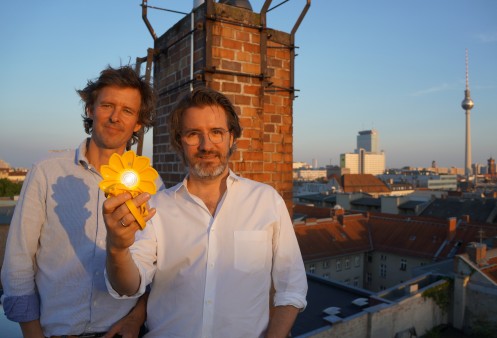
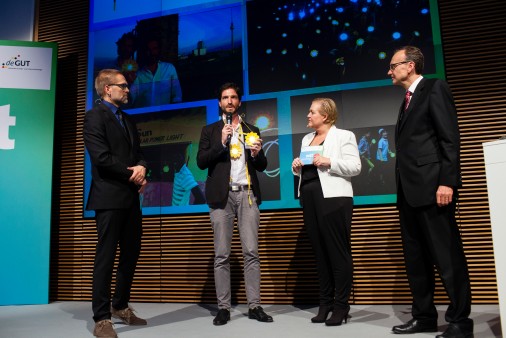





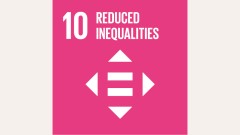
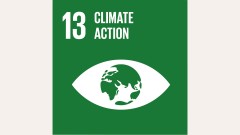

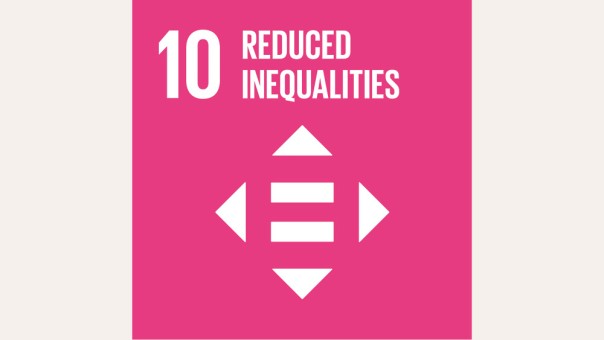
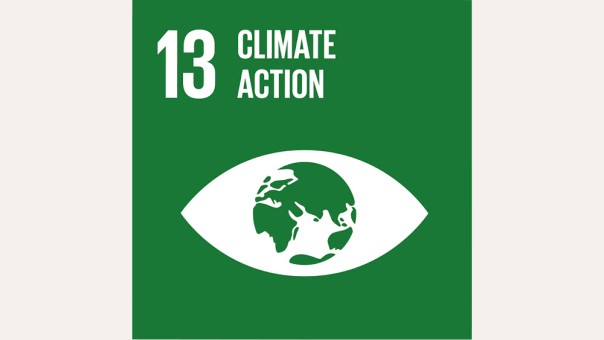

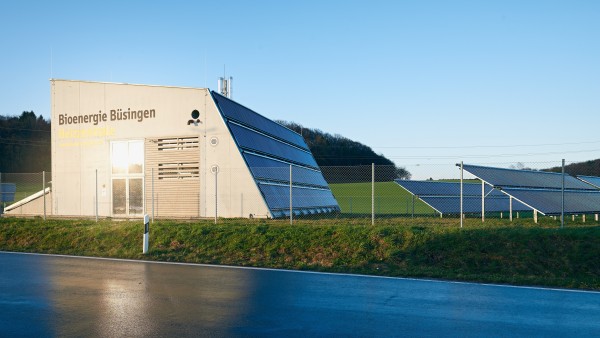
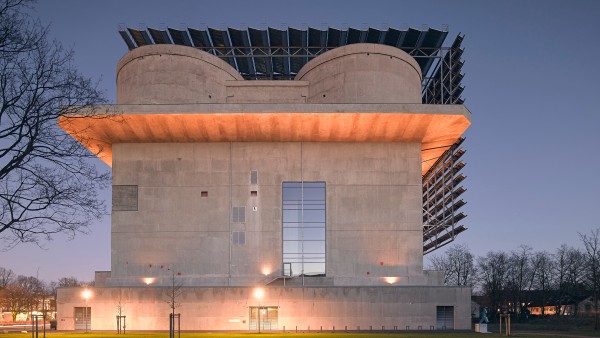
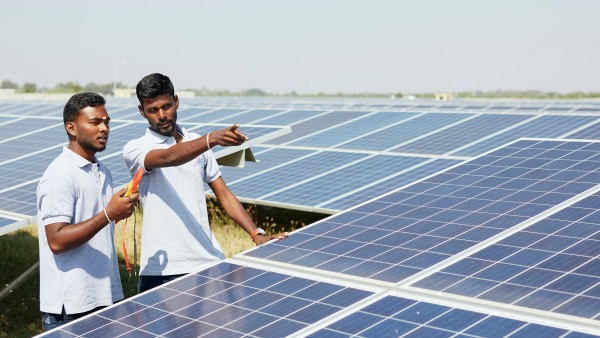
Data protection principles
If you click on one of the following icons, your data will be sent to the corresponding social network.
Privacy information